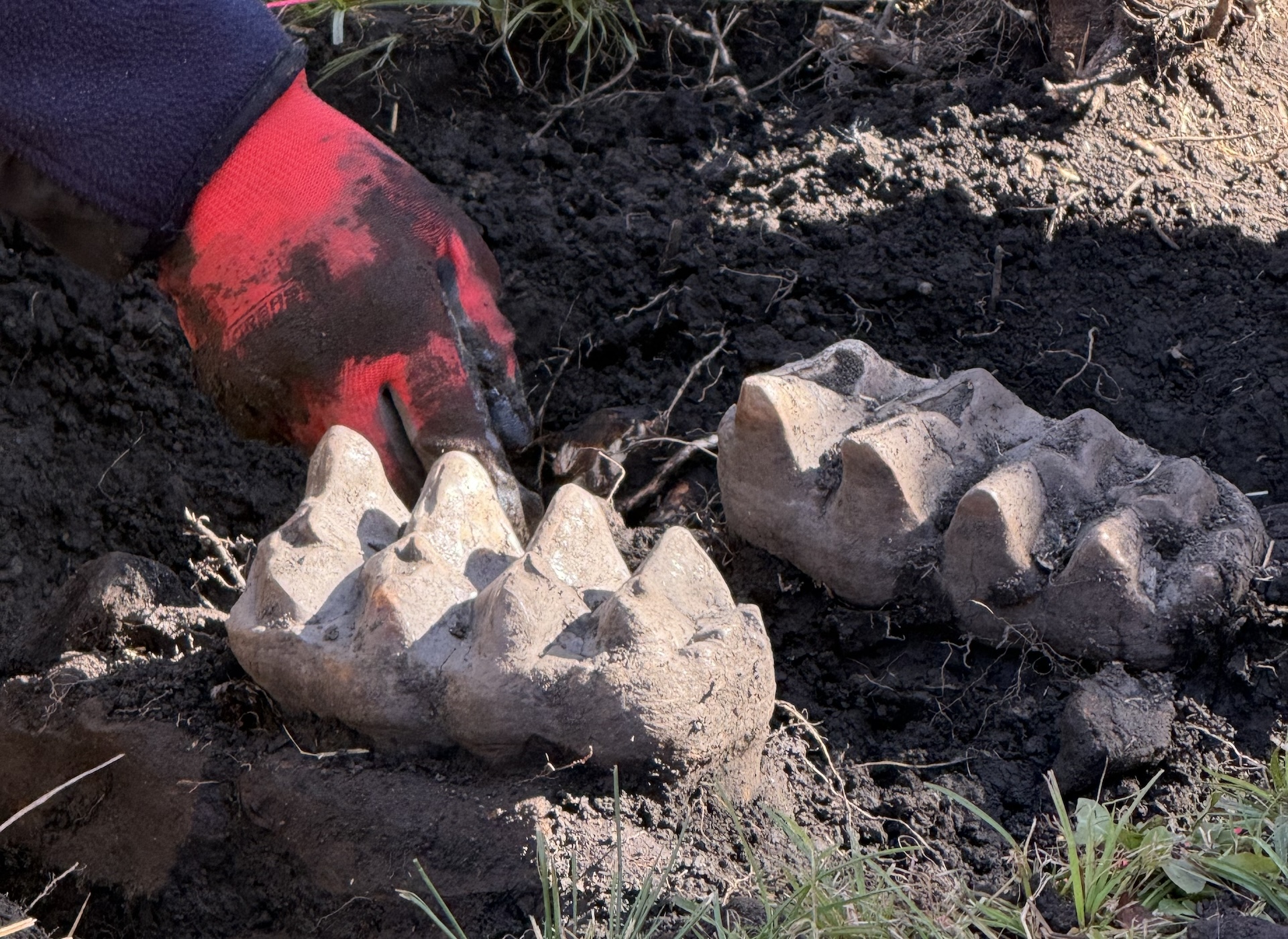DEIR AL-BALAH, Gaza Strip — Zainab al-Zein was faced with a difficult choice: either give her infant daughter solid foods that she might not be able to digest or watch her go hungry due to the scarcity of baby formula in besieged Gaza Strip. Al-Zein decided to feed her 2 1/2-month-old, Linda, solids, despite the potential health risks. She explained that there were no other options and that the situation was heartbreaking. The ongoing conflict between Israel and Gaza’s Hamas rulers has led to a humanitarian crisis and severe shortages of essential items. Infants, young children, and their families have been significantly impacted, with diapers and formula becoming difficult to find or too expensive, forcing parents to seek inadequate or unsafe alternatives. The situation has been further exacerbated by sporadic aid deliveries, which have been hindered by Israeli restrictions and ongoing fighting. Displaced Palestinians have been confined to smaller and more crowded areas within the small coastal enclave, resulting in outbreaks of illness and disease, particularly affecting malnourished children. The U.N. has warned that a quarter of the population is already suffering from starvation, and the entire population is at risk. For Palestinians enduring worsening conditions, even basic tasks such as changing a child’s diaper have become a luxury that requires sacrifices. Raafat Abu Wardeh, a parent of two children, admitted to selling their food to purchase diapers. Limited aid distribution and surging prices of basic goods have led to a dire economic situation in Gaza, where few people have stable incomes and rely on dwindling savings or aid. Street vendors now sell diapers at significantly inflated prices, making it challenging for many parents to afford them. Some have resorted to using cloth diapers, but this presents its own challenges, such as the scarcity of water needed for washing. According to Mohammed al-Khatib, a local program manager for the U.K.-based Medical Aid for Palestinians, some people have been forced to buy smaller diapers and tape them together. The lack of fresh produce, unregulated food stalls, and cold weather have contributed to the prevalence of illnesses like respiratory infections, skin rashes, and diarrhea among children, who are often wet due to the winter weather and poor living conditions. The war, prompted by an October 7 Hamas assault on southern Israel, has caused massive destruction, resulting in over 27,000 Palestinians killed and nearly 67,000 injured in Israel’s offensive, as reported by local health officials. The Health Ministry in Hamas-run Gaza does not distinguish between civilians and combatants but reports that two-thirds of the casualties were women and children. Meanwhile, Israel holds Hamas responsible for the high civilian death toll due to the group’s attacks and military activities in residential areas. The Hamas assault led to the deaths of about 1,200 people in Israel, the majority of whom were civilians, and approximately 250 taken hostage. The shortage of diapers has compounded the unsanitary conditions in the overcrowded shelters accommodating an estimated 1.7 million displaced Palestinians. According to UNICEF, many of the newly displaced individuals have extremely limited access to water, resulting in an increase in chronic diarrhea among children. UNICEF highlighted that aid deliveries into Gaza are not meeting the considerable needs of the population. An estimated 20,000 infants under six months old require formula, which, along with diapers and cash, is being provided by UNICEF. However, this assistance falls far short of addressing the immense needs of the children in Gaza, as per UNICEF spokesperson Ammar Ammar. The welfare of infants is part of the broader threat to the 335,000 children in Gaza under the age of 5, who are at high risk of severe malnutrition and preventable death, according to UNICEF. Ammar emphasized that the threat of dying from hunger is a reality for many families in Gaza. The U.N. humanitarian office revealed that recent screenings show nearly 10% of children under five suffer from acute malnutrition, representing a twelve-fold increase from before the conflict. The situation is even direr in northern Gaza, which has been largely cut off from aid for months. For Zainab al-Zein, the difficult decision to feed her now 4-month-old daughter crushed biscuits and ground rice instead of formula has resulted in frequent visits to the hospital. These actions have caused intestinal distress, bloating, and colic for her daughter, leading to additional hardship for the family. As such, the situation in Gaza continues to worsen, with families struggling to meet their most basic needs amid the ongoing conflict and humanitarian crisis. ___Magdy reported from Cairo.___Follow AP’s coverage of the Israel-Hamas war at
Parents in Gaza Struggle to Find Diapers and Baby Formula













